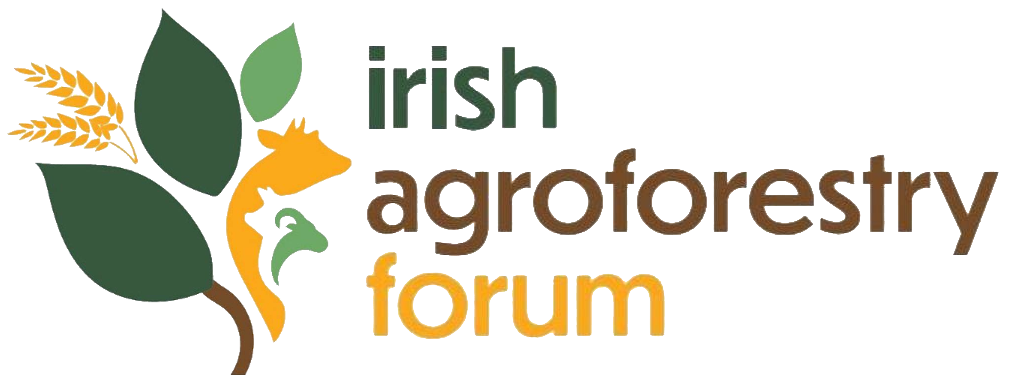Trees and Pigs
Watch Pioneer Agroforester Mark Shepard as he explains how he farms pigs in his apple orchards!
Benefits of Trees for Pigs
-
Boost Production
Agroforestry systems seem to have
clear animal welfare benefits because the crops provide the pigs a more natural and stimuli-rich
environment with opportunities for seeking shade during hot weather and shelter during cold spells and increased weight gain due to shelter and increased temperatures.
-
Health and Welfare
The integration of pigs in agroforestry systems can offer multiple benefits such as:
The efficient use of land, increased animal welfare and a better image for the farmer.
Trees, like poplar and willow, can provide pigs, managed in pasture-based systems, with a natural and stimulus rich environment.
Sows and piglets can find shade in hot seasons and shelter in wet and windy weather.
The pigs can rub against the trees for skin care.
-
Farm Environment
The introduction of trees can:
Reduce the nutrient leaching from soils in out-
door production because, compared to
grass, fully established trees are more
robust to the pigs rooting behaviour.
Further, trees have a deep root system with
nutrient and water uptake occurring over a
long growing season. The trees can be har-
vested to provide biomass to be used for
production of energy, or as rooting materi-
al for pigs in housing systems.
Trees in pasture based systems also have
a positive effect on biodiversity and store carbon from the atmosphere.
The ‘One Welfare’ framework recognises the interconnectedness of animals, humans, and the environment in which they live. In Ireland, pigs are most often raised in commercial systems that pose significant welfare challenges. We will use the one welfare framework to compare alternative pig production systems, using animal, environment and human welfare measurements, and investigate how they meet societal expectations. As well as providing the first objective Irish information on the practices in place in the small scale outdoor pig production sector, we will develop environmental and social life cycle assessment (LCA) models to investigate the sustainability of these systems. We will also carry out the first evaluation of pig production in an agroforestry setting in the island of Ireland, and model the implications of land use change to agroforestry for pig production. For typical commercial scale pig production, we will develop a structured programme of research with the ultimate aim being to develop a commercially viable system offering pigs at least transient access to the outdoors. The project will also assess social and regulatory barriers to alternative pig production practices/systems and the social impact of current systems. Finally, we will develop a roadmap to assist the Irish/Northern Irish pig industries in transitioning to One Welfare systems of pig production.








